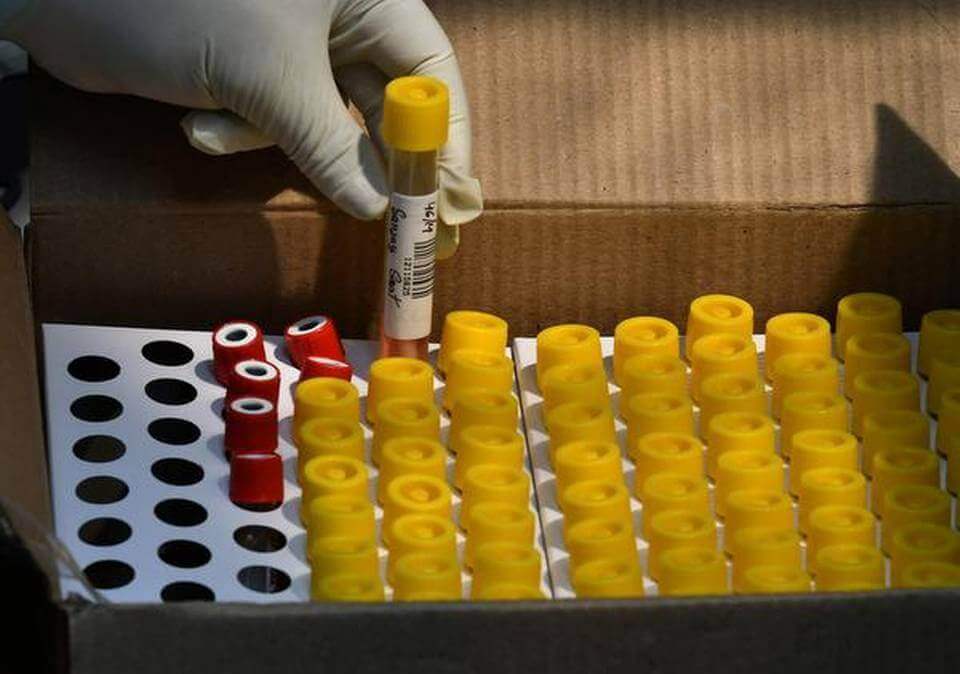The eruption of war between China and Taiwan would be a global catastrophe on a scale far greater than the Ukraine crisis.
Yet again, Chinese military jets invaded Taiwanese airspace this week, this time following American politician Nancy Pelosi’s provocative visit to the sovereign island off the communist mainland.
The Current Storyboard of China
The Chinese leadership is acutely aware of the dangers of miscalculation. President Xi Jinping understands that if he takes a risk and loses, the ramifications could devastate China’s economy or even bring down the Communist Party, which has ruled since 1949.
We must also be wary of Beijing’s international ambitions. President Xi has stated that he wants China to be the world’s most powerful nation by 2049.

Let’s dive in on what exactly is happening between China, Taiwan, and the USA
Nancy Pelosi, the American politician and speaker, flew into Taiwan on an Air Force passenger jet Tuesday. Pelosi has made a mission over decades of showing support for embattled democracy movements.
The speaker is framing her Taiwan trip as part of a broader mission at a time when “the world faces a choice between autocracy and democracy.”
Following US House Speaker Nancy Pelosi’s visit to Taiwan, China has revealed plans for unprecedented military exercises near the island, raising concerns about a Taiwan Strait crisis.
China’s military announced joint air and sea drills near Taiwan, as well as conventional missile test launches in the sea east of Taiwan. Three of the six live-fire drills, according to Chinese state media, will overlap with the sea that Taiwan claims as its territory.
Taiwan has announced that 27 Chinese warplanes have entered its air defense zone ahead of the exercises.
Taiwan’s defense strategies
Taiwan has adopted a ‘porcupine defense,’ complete with drones, high-speed boats, and missiles of various sizes. Taiwan has also taken precautions to protect its communication systems. The island could withstand an invasion force indefinitely, but at great cost to its own people.
Can China really afford war?
For Beijing, defeat is unthinkable. However, the economic ramifications could be far-reaching. If China attacks, the West will almost certainly impose harsh sanctions, as it did when Russia invaded Ukraine six months ago.
On its own, the loss of imported Taiwanese semiconductors, the foundation of all computer devices and mobile phones, would devastate China’s economy. The island produces roughly half of the semiconductors and two-thirds of the high-quality ones. China’s electronics sector is paralyzed without these components.
Fun fact: Taiwan’s trade with Chinese businesses totals approximately 165 billion euros.
China’s current financial situation
According to the Institute of International Finance (IIF), foreign investors continued to sell Chinese bonds in July and sold stocks for the first time in four months.
Last month, around $3 billion of Chinese debt was sold, while $6 billion left other emerging markets. Foreign outflows from China’s $20 trillion bond market, if confirmed by official data.
How will the situation affect India if it worsens?
In 2020, India imported $2.38 billion in semiconductor devices, making it the world’s 13th largest importer of semiconductor devices. The semiconductor crisis, which began in the year 2020, is still ongoing. Leading Indian automakers are dealing with a massive backlog of around 6.5 lakh units, as a chip shortage continues to stymie their manufacturing activities and result in long wait times for customers.
All major car manufacturers, from Maruti Suzuki to Kia India, are bearing the brunt of the crisis.














